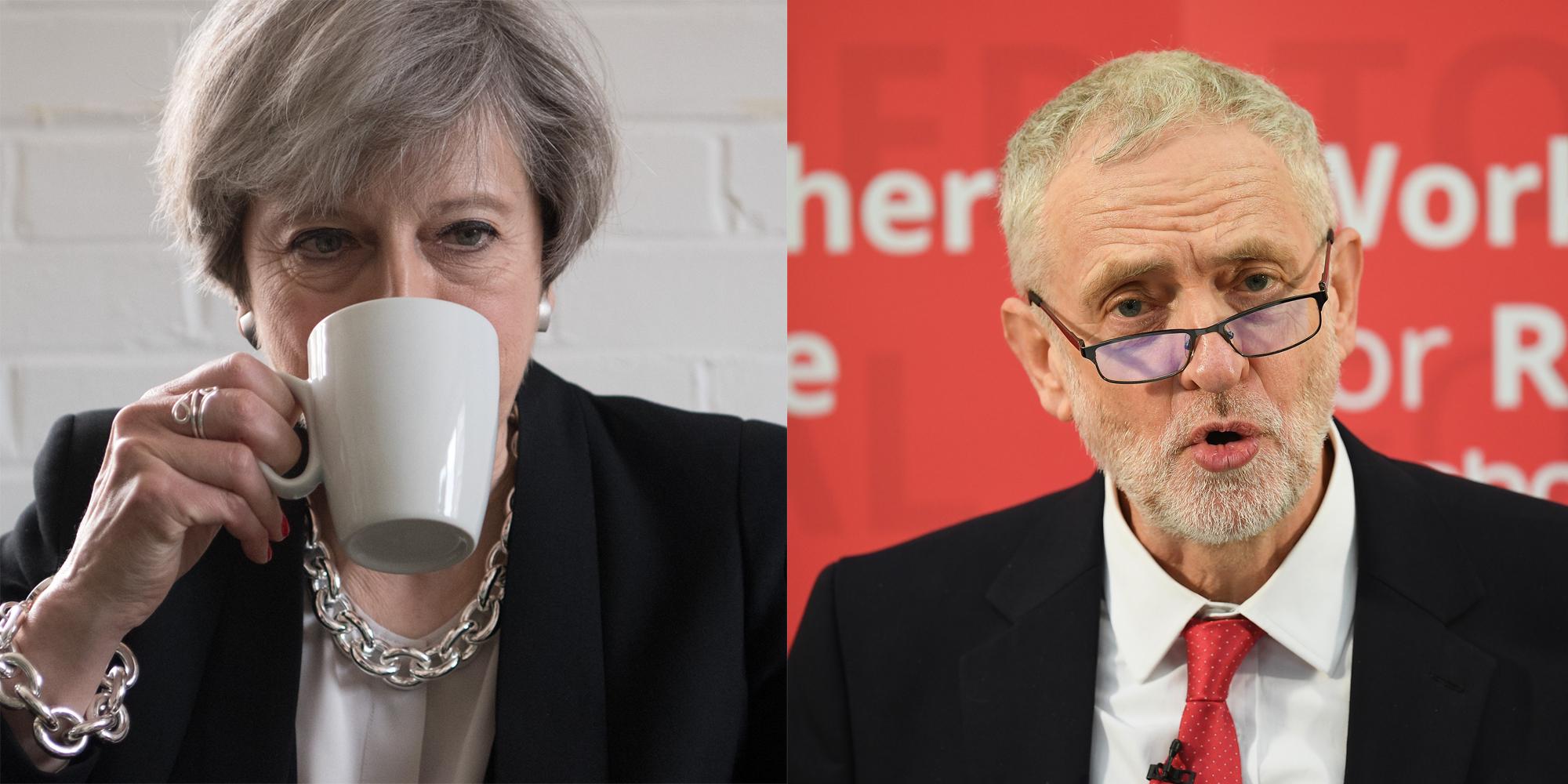National security is the issue that may decide the election – so where are the new ideas?
‘Keep calm and carry on’ may be a good reminder to the public to prevent a backlash of anti-Muslim violence, but does very little to instil confidence that our Government is keeping on top of the changing nature of the threat to British citizens

Terrorist attacks on the scale of the Manchester Arena suicide bomb always prompt a good deal of introspection from those in a position to make a difference. For good reason, questions are asked endlessly of the security services, politicians, and Muslim communities. The last attack of this magnitude on British soil prompted the development and publication of the CONTEST strategy – which has, for the most part, done its job.
Now MI5 has announced that it will review its reporting and triage methods to answer the questions being asked of them this week: Why was this attack not prevented, if Salman Abedi was a subject of interest? Did the security service respond effectively to the three different alerts of Abedi’s growing extremism? And if the security services know who the extremists are, where they are, and have the resources to monitor them, what more do they need to prevent attacks?
Political leaders would do well to learn from this type of scrutiny. The immediate election campaign prerogative may well be to show an opponent as weak on these issues, but I would like to see the two main party leaders tell us what they are going to do now.
There is a remarkable absence in the party manifestos on how future security strategies and policies might be altered. Events in the last week have given them an opportunity to change that.
Last week, the Labour Party asked the country to reconsider how we decide our foreign policy, given the line leader Jeremy Corbyn draws between our interventions overseas and the extremist violence that occurs within our own country. This seems to be a way of sticking heads in the sand, rather than a proper effort to grapple with an important – perhaps the most important – domestic policy area.
Likewise, for the Labour manifesto to bow to the notion that Prevent needs ditching because “it has a toxic brand” is a cop out. Will they forgo the significant contribution that Prevent makes to our national security simply because its opponents are more able to shout more loudly about its failure? If they do, will they replace Prevent with anything? We need details.
The Conservative Party manifesto was equally light on counter-terrorism. “Keep calm and carry on” may be a good reminder to the public to prevent a backlash of anti-Muslim violence, and it may be a good mantra to avoid knee-jerk legislation, but does very little to instil confidence that our Government is keeping on top of the changing nature of the threat to British citizens and the contexts in which extremists operate.
Since the last review of our security strategy, the narratives of non-violent Islamist extremists have been leveraged by jihadists around the world; foreign fighters have run off to Raqqa and then started to return to their home countries; extremists have changed their social media habits half a dozen times; we have taken steps to leave an EU, with all the collective security and intelligence sharing that that entails; and a populist trend has swept Europe seemingly offering a quick fix to the threat to national identity posed by immigration.
On one of those issues – the use by extremists of the internet – the Conservative Party has reverted to type. At a time when the security services are struggling to sort possibly violent extremists from probably violent extremists, I sense there’s a blind hope from the Government that Facebook has a magic pill but just doesn’t want to share it.
Belatedly, Home Secretary Amber Rudd discussed the need for an Extremism Commission to support the uplift of Prevent. We rely on human intelligence and vigilant communities, and we must demonstrate a willingness to adapt and innovate in the face of threats, adapting to the different root causes and secondary problems as they develop. The Britsih strategy against radicalisation must be focused around deterrence, detection and disruption, and on filling in the gaps where our intelligence fails.
As the election campaigns enter their final full week, preventing radicalisation, countering extremism and stopping terrorism will remain in the spotlight. Of the two people in a position to take the keys to Number 10, who is going to get out of their comfort zone on this essential issue?
Jonathan Russell is the executive director (global), and Douglas Hamilton is a policy officer, at the counter-extremism think tank Quilliam


Join our commenting forum
Join thought-provoking conversations, follow other Independent readers and see their replies